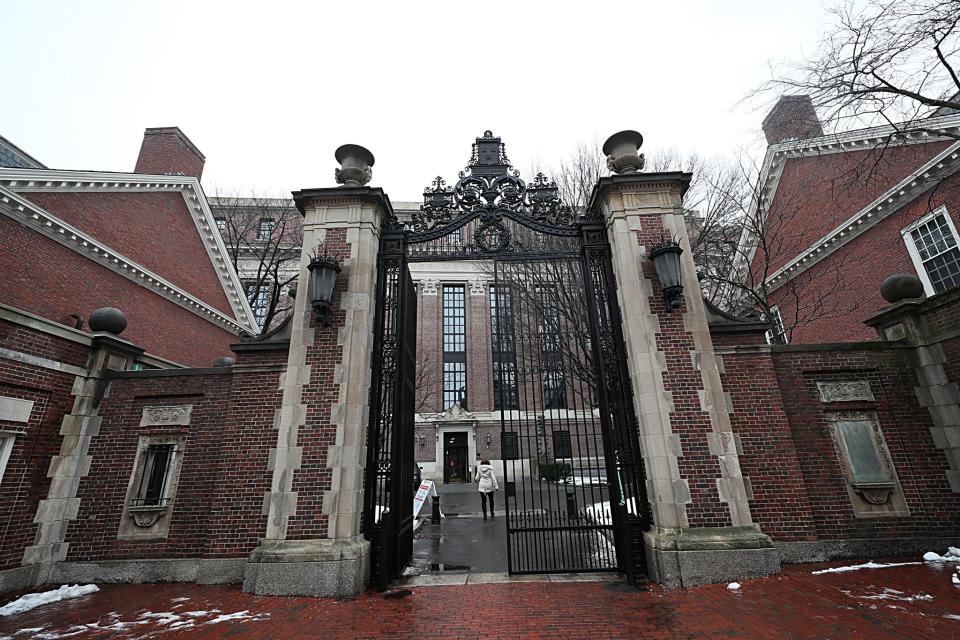Elite universities need presidents who can thrive in a ‘pressure cooker.’ Are executive search firms the solution?

Good morning. Executive search firms frequently help CEOs and boards find the best leadership talent, but at elite U.S. universities, lengthy searches for presidents are often steeped in tradition and the interests of stakeholders can vary wildly.
Take, for example, Harvard, Penn, Stanford, and Yale, where searches for the top jobs are underway as the schools must confront an unprecedented number of challenges. Three of the vacancies came about rather suddenly as presidents bowed out due to scandal or political pressure. (Yale’s president is just retiring.)
In a Fortune article, I explore how university presidents currently face a host of non-academic challenges—from disruptive technology to geopolitics to head-spinning budget processes—and, critics argue, how the process of replacing them is due for an upgrade.
"Given the fact that the stakes are so high now in being a university president—such a highly visible position—and then you're in a hyper-sensitive environment that has simply turned up the pressure cooker, it just requires greater expertise and outside help in the hiring process,” Mark T. Williams, a master lecturer in the finance department at Boston University’s Questrom School of Business, told me.
Williams, a former board of trustees member at Leslie University in Cambridge, Mass., explained that typically, in a presidential search, a subcommittee is appointed within the board and charged with reviewing and interviewing candidates, in addition to making recommendations. It's a process that could use some updating, added Williams, a former Federal Reserve Bank examiner.
Jeffrey Sonnenfeld, a professor and senior associate dean at Yale School of Management who recently penned a related Fortune opinion piece, likely would agree. Sonnenfeld served on the National Commission on University Governance Reform of the Association of Government Boards of Colleges and Universities.
“What we see happens too often in the Ivy Leagues: They fall victim to their own network of people that are already a restricted pool of people,” Sonnenfeld told me. “If it's an insider that's known for not making waves, not upsetting anybody, they might be great at building peace but not building vision.”
I talked with Williams, Sonnenfeld, and a recruiting expert about the pros and cons of top colleges using outside search firms, the churn rate among university presidents, and who, ultimately, is the type of person willing to take on a role that Williams calls “the impossible job.”
You can read the complete article here. Have a good weekend.
Sheryl Estrada
sheryl.estrada@fortune.com
This story was originally featured on Fortune.com

 Yahoo Finance
Yahoo Finance 